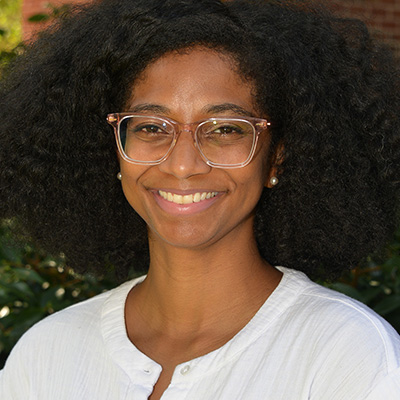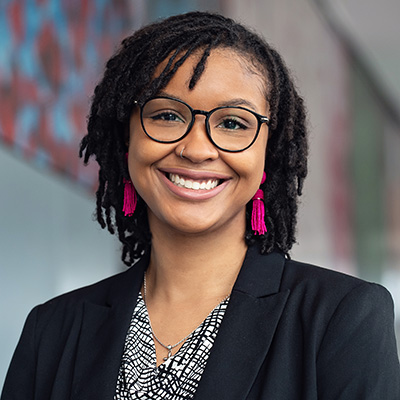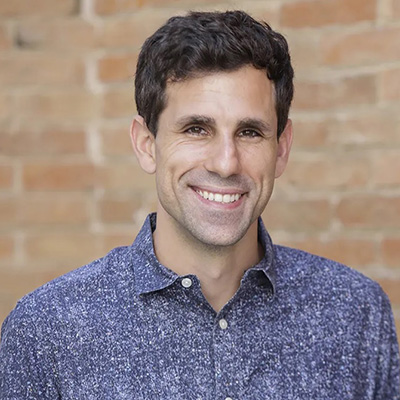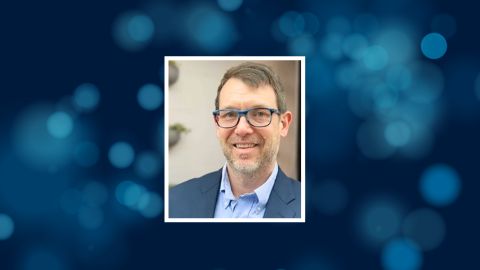Microbiology Society names 2025 award winners
Nikea Pittman, Chelsey Spriggs and Cesar de la Fuente are among the scientists who are receiving 2025 awards from the Microbiology Society. They will be honored and give prize lectures at the MicroSoc’s annual conference in Liverpool, England, this spring. Each recipient will receive an honorarium of 1,000 euros.



Pittman is a teaching assistant professor of biochemistry and biophysics at the University of North Carolina at Chapel Hill. Her lab collects evidence to identify best practices in STEM higher education. Pittman has won many honors including the Diversity Award from the UNC Office of the Provost and a Burroughs Wellcome Fund Postdoctoral Diversity Enrichment Program award. She completed her Ph.D. at the University of Florida and a postdoctoral fellowship at UNC.
Pittman won the MicroSoc’s Equality, Diversity and Inclusion Prize collectively with other Black Microbiologists Association board members; she is the BMA’s secretary.
Spriggs is a research assistant professor in the Life Sciences Institute at the University of Michigan. Her lab explores the mechanisms of oncogenic virus entry. She is an inaugural scholar in the American Society for Biochemistry and Molecular Biology Maximizing Opportunities for Scientific and Academic Independent Careers, or MOSAIC, program. Spriggs is also a Burroughs Wellcome Fund Postdoctoral Enrichment Program fellow and a recipient of the U-M Office of Health Equity and Inclusion Faculty Diversity Fund Award. Spriggs earned her Ph.D. at Northwestern University studying how human papillomavirus infection leads to tumorigenesis and completed a postdoctoral fellowship at the U-M.
Spriggs won the MicroSoc’s Equality, Diversity and Inclusion Prize collectively with other Black Microbiologists Association board members. She is a BMA co-founder and works to ensure the needs of the membership are met, according to a press release.
de la Fuente is a presidential associate professor of chemistry at the University of Pennsylvania Perelman School of Medicine. His lab develops computational methods to mine the world’s biological information to identify new antimicrobial compounds, and he has pioneered the emerging field of artificial intelligence–driven antibiotic discovery. de la Fuente has won many awards including the Miklos Bondanszky Award, the Early Career Basic Research award from the American Society of Microbiology and the Princess of Girona Prize. He is also a member of the Royal Academy of Pharmacology, a National Academy of Medicine Emerging Leaders in Health and Medicine Scholar and an American Institute for Medical and Biological Engineering fellow.
de la Fuente won the MicroSoc’s Fleming Prize, which honors an early career researcher who has achieved an outstanding research record. This prize is named for Sir Alexander Fleming, founder and the first president of the MicroSoc.
On receiving the award, de la Fuente said, in part, “Today, as we face a growing crisis of antibiotic resistance, I am reminded of the indispensable role antibiotics play in safeguarding global health. It is especially meaningful to have our AI-driven approach to antibiotic discovery recognized, despite the initial scepticism that machines could transform the future of antibiotics.”
Enjoy reading ASBMB Today?
Become a member to receive the print edition four times a year and the digital edition monthly.
Learn moreGet the latest from ASBMB Today
Enter your email address, and we’ll send you a weekly email with recent articles, interviews and more.
Latest in People
People highlights or most popular articles

In memoriam: Jeffrey Cameron
He was an associate professor of biochemistry at the University of Colorado Boulder and co-founder of the biotech company Prometheus Materials.

Finding a symphony among complex molecules
MOSAIC scholar Stanna Dorn uses total synthesis to recreate rare bacterial natural products with potential therapeutic applications.

Sketching, scribbling and scicomm
Graduate student Ari Paiz describes how her love of science and art blend to make her an effective science communicator.

Embrace your neurodivergence and flourish in college
This guide offers practical advice on setting yourself up for success — learn how to leverage campus resources, work with professors and embrace your strengths.

Survival tools for a neurodivergent brain in academia
Working in academia is hard, and being neurodivergent makes it harder. Here are a few tools that may help, from a Ph.D. student with ADHD.

Quieting the static: Building inclusive STEM classrooms
Christin Monroe, an assistant professor of chemistry at Landmark College, offers practical tips to help educators make their classrooms more accessible to neurodivergent scientists.
